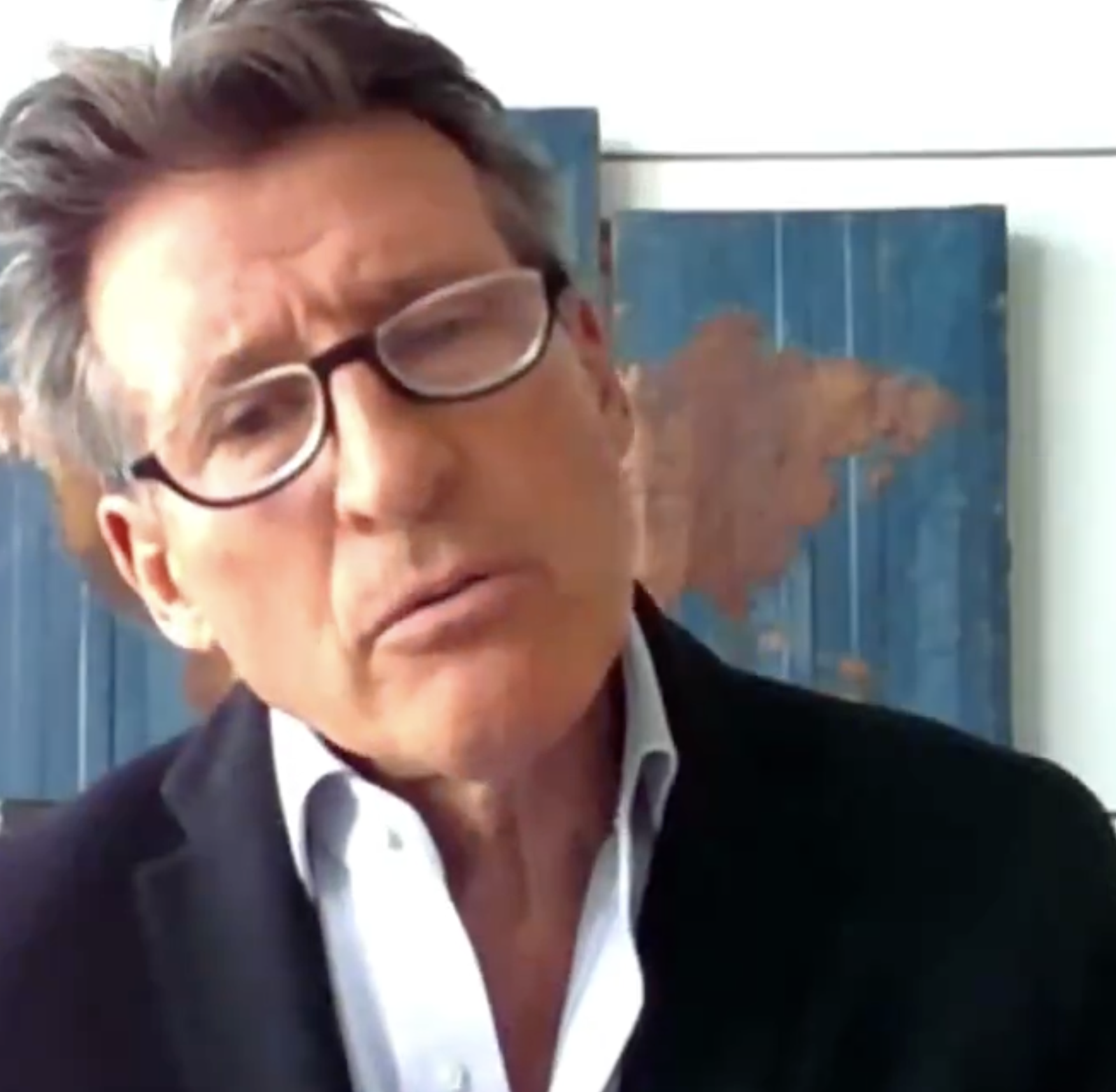ROME – The gun went off in the third of three heats here Friday night in the men’s 100 at the European track and field championships and, as expected, Craig Gill fell behind early and finished last.
It’s not just that Gill finished last in his heat. Twenty-four guys lined up in the three heats. One was DQ’d. That means 23 finished. Gill’s time ended up being 23rd of 23, 11.17 seconds. The guy who was 22nd, Francesco Sansovini, of San Marino, was a full 62-hundredths better, in 10.55. There’s a phrase in track for guys like Craig Gill, observed with affection: DFL.
All good. For real.










